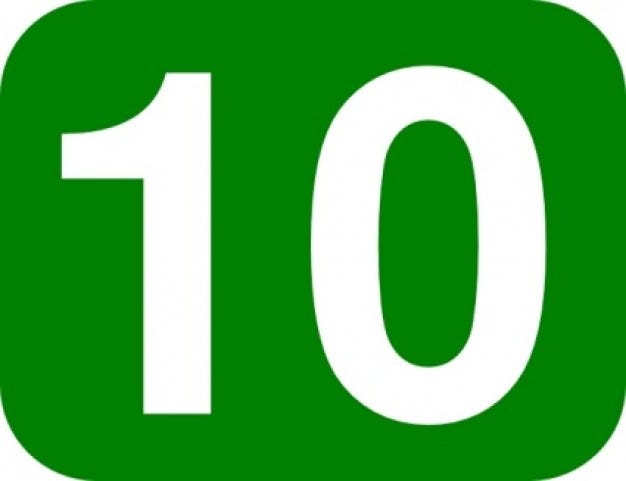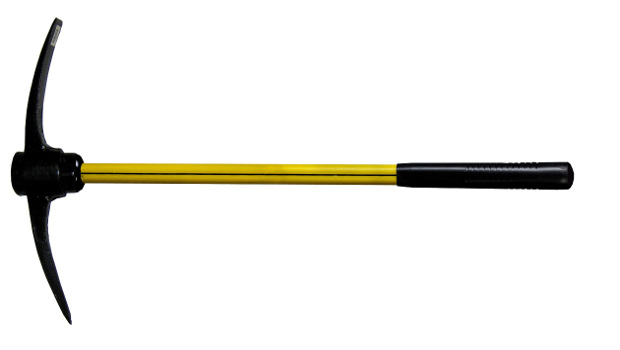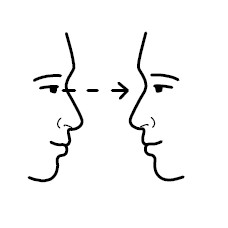My hols have begun but I keep my writing pot rolling hehehe. Well, this week I want to use a song for you to practise your English. It's a bit old but it is catchy and I love it. I'm sure Alright by Supergrass probably won't ring a bell, but if you listen to it, I'm pretty sure you'll have listened to it before. Anyway, as usual I propose some exercises related to the song. Try to do them by yourself and, at the bottom of this post, you will find the answers. I hope you enjoy the song (and the exercises).
1. Listen to the song Alright by Supergrass and complete it with some adjectives / nouns and
everyday actions / verbs. If it's too difficult, I'll give you some clues by posting some photos below...
We are _______ (1) , we _______ (2) green, keep our ______ (3) nice and________ (4)
______ _____ _______ (5) , see the sights, feel alright
We _____ ____ (6) , we _____ ____ (7) , smoke a fag, put it out
_____________ (5) , see the sights, feel alright
Are we like you, I can't be sure?
Of the scene as she turns
We are strange in our worlds
But we are __________ (1) , we get by, can't go mad, ain't got time
________ (8) around, if we like but we're alright
Got some cash, bought some wheels, took it out, 'cross the fields
Lost control, ________ (9) a wall but we're alright
Are we like you, I can't be sure?
Of the scene, as she turns
We are strange in our worlds
But we are ______ (1) , we ______ (2) green, keep our ______ (3) nice and _________(4)
_________________ (5), see the sights, feel alright (Chorus)
Are we like you, I can't be sure?
Of the scene, as she turns
We are strange in our worlds.
Chorus
2. Explain the meaning of the following phrasal verbs used in the song:
a) Put out
b) Get by
c) Sleep around
3. Explain the meaning of the following expressions:
a) Smoke a fag
b) Run green
c) See the sights
4. What is this song about?
Answers
Exercise 1:
1. young 2. run 3. teeth 4. clean 5. see our friends 6. wake up 7. go out 8. sleep 9. hit
Exercise 2:
- Put out= Extinguish a fire (in this case, a cigarette)
- Get by= To manage oneself to do something, e.g. get by on €300 a month.
- Sleep around = To have sexual relationships with many different partners
Exercise 3:
- Smoke a fag= Smoke a cigarette in informal English.
- Run green = Sell pot (marijuana) or other types of similar drugs.
- See the sights = Go sightseeing / See the important things in a place
Exercise 4:
This song explores the world of youngster. They are very different from fully adult people and they do some typical teenage-things (sell, drugs, smoke, have sex, hang out with friends...); but, in spite of that, they are fine, they survive and they are good people; they are just different.
Well, did you enjoy this song? Did you remember yourself being a youngster, hanging out with friends without serious responsibilities? Oh, those days,...What marvelous days they were indeed! Anyway, if you want to keep practising your English with songs, do not hesitate to do so by clicking on the links provided: Supergrass's Alright; The Script's The Hall of Fame; Jessie J's Price Tag; The Police's Every Breath You Take; U2's I Still Haven't Found What I'm Looking For; Bruno Mar's Don't Give Up; The Cure's Friday I'm In Love; Smash Mouth's I'm A Believer; Michael Bublé's It's A Beautiful Day; songs related to peace; Cold Play's Paradise; Christmas carols; Christmas carols II; Tracy Chapman's Fast Car; Gotye's Somebody That I Used To Know; Happy Birthday songs.
Easter is practically here, so try to fully enjoy it!
See you around.






























